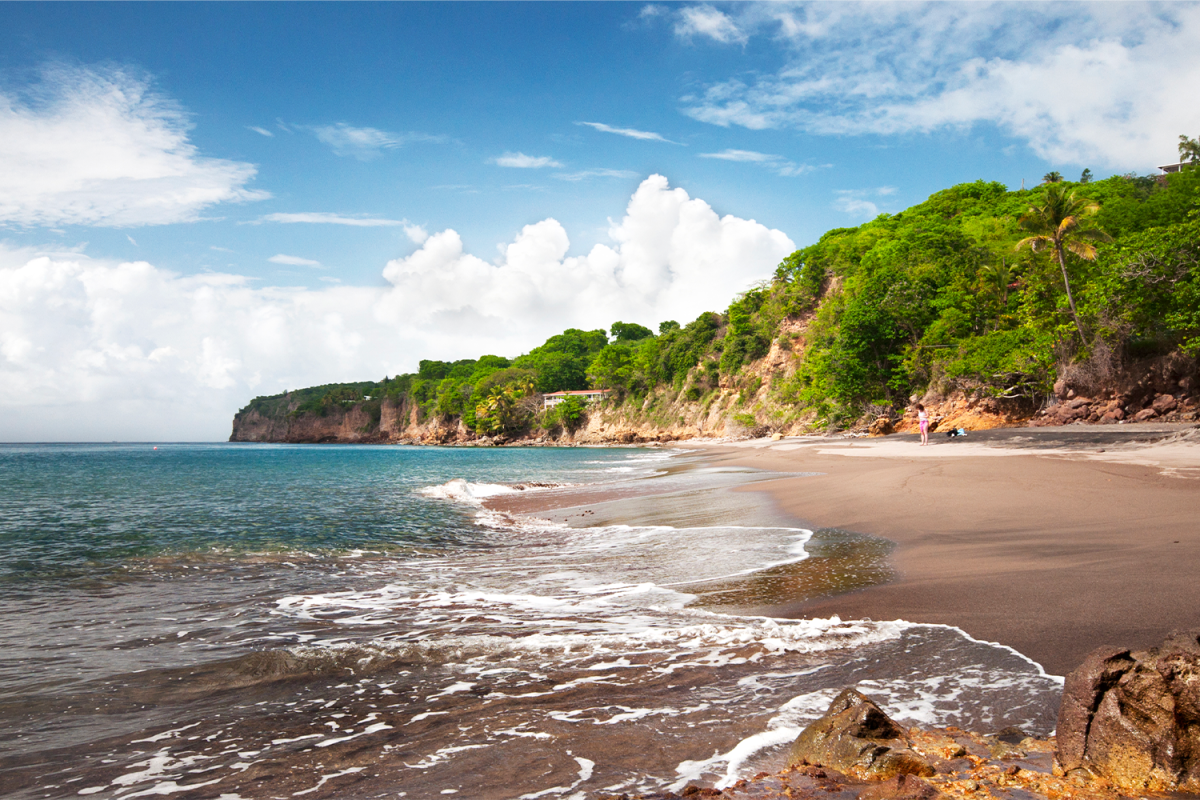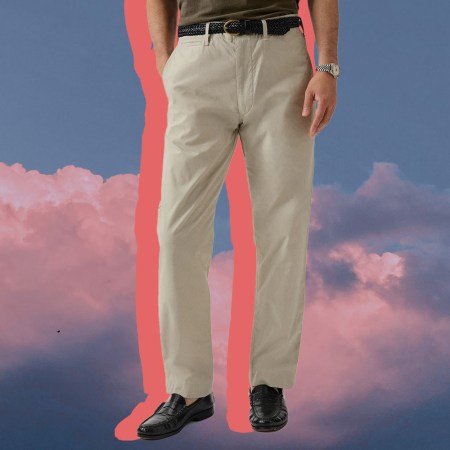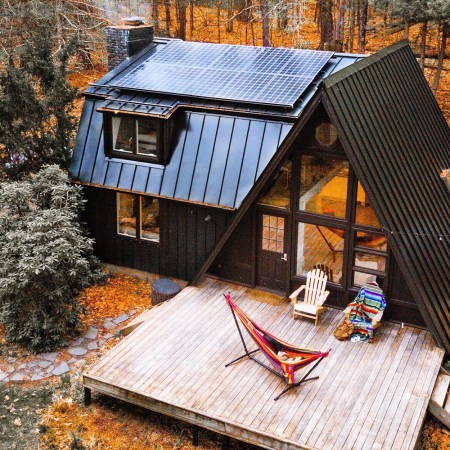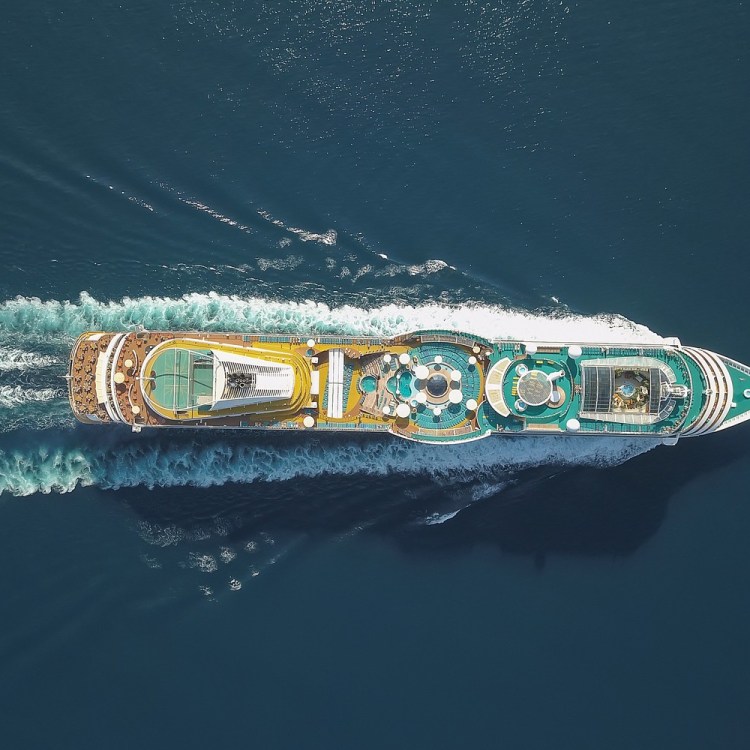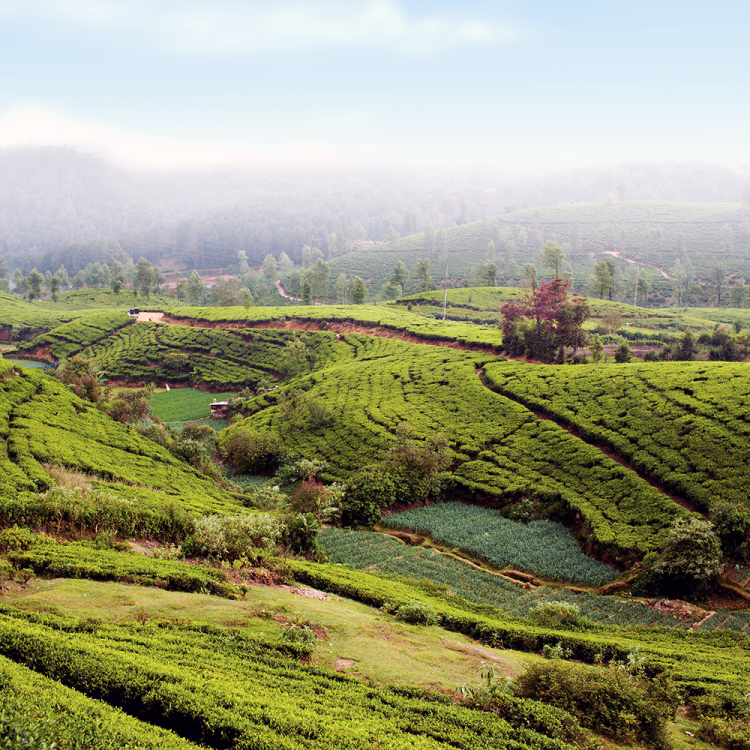Back in April of 2021, the Caribbean island of Monserrat reopened its borders to tourists after closing them 13 months previously, and set about incentivizing tourists with a new remote worker program — a not altogether uncommon post-shutdown phenomenon. But according to a new report by The New York Times, requirements to participate in the program are … slightly more uncommon.
Thats because in order to visit Monserrat, travelers must quarantine for two weeks upon arrival, submit to a COVID test following the conclusion of said quarantine, make $70,000 or more a year and, up until recently, be willing to stay for a minimum of two months.
Now there’s quite a bit to unpack here, and it’s worth noting that a number of countries have unveiled some variation of those requirements in an effort to attract tourists. More than a handful also began offering their own iteration of a digital nomad visa, which, in almost every case, allowed remote workers to stay for a year or more. The difference is, with the implementation of a minimum stay, Monserrat appears to be actively trying to dissuade visitors altogether. Or, at the very least, as Heather Murphy writes, the country is “proud of making it hard to join its roughly 5,000-person bubble, where few wear masks or lock their doors.”
While these measures are largely aimed at preventing the spread of the virus on an island where only 23 percent of the population is reportedly vaccinated, it also has to do with, as Murphy points out, Montserrat’s non-reliance on tourism to fuel their economy (their primary export, and thus industry, is actually volcanic sand), which is where they differ from most other countries in the Caribbean.
Some would argue that the tradeoff is worth it. In exchange for the price of admission, visitors are rewarded with what is effectively free rein of an island where, due to the stringency of the requirements and the size of the population, COVID is almost a non-factor altogether. They frequent once-popular beaches now void of tourists and don’t wear masks. They are, according to Murphy, more concerned with death by volcanic eruption than by virus. It is, by all accounts, an enviable existence in light of the past 18 months spent just about anywhere else on Earth.
That said, come October 1, Monserrat will join ranks with all of the other once highly-trafficked tourist destinations by allowing vaccinated travelers to visit. For unvaccinated tourists, the remote worker program will remain intact. It remains to be seen which model will ultimately benefit the island country more, particularly with the Delta variant on the rise.
Thanks for reading InsideHook. Sign up for our daily newsletter and be in the know.
